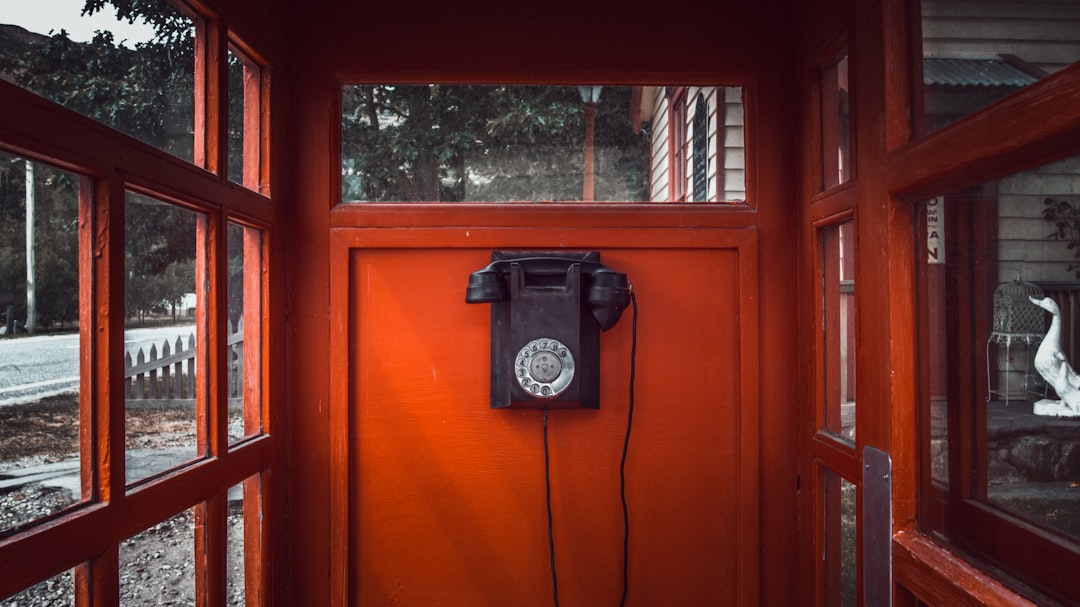In Burlington, Vermont, robocalls have become a significant issue, prompting the city to implement stringent laws under "Burlington's Laws" to protect residents from intrusive automated calls. These regulations apply to businesses, charities, and political campaigns making robocalls within Vermont, with strict rules on consent and marketing practices. Consulting a Robocall Attorney in Vermont is crucial for compliance, privacy protection, and avoiding penalties. Residents are encouraged to file complaints and use call-blocking measures, seeking legal guidance when unsure about callers' rights and actions.
In the digital age, robocalls have become a ubiquitous yet often unwanted nuisance. Vermont, led by its robust consumer protection laws, is taking significant steps to combat this issue. This article delves into Burlington’s laws on robocalls, clarifying who they apply to and exploring your rights and responsibilities as a caller or recipient. Understanding these regulations is crucial for both businesses and individuals, especially with the help of a Robocall Attorney Vermont, to ensure compliance and mitigate legal repercussions.
What Are Burlington's Laws on Robocalls?

In the age of digital communication, robocalls have become a ubiquitous yet often unwanted part of our daily lives. To combat this issue, Burlington, Vermont, has implemented laws aimed at protecting residents from intrusive automated phone calls, commonly known as robocalls. These regulations are designed to give consumers more control over their phone interactions and safeguard them from deceptive or nuisance calls.
Burlington’s laws on robocalls are comprehensive, empowering residents to take action against unwanted callers. If you’re a resident of Vermont or considering moving there, understanding these laws is crucial. A robocall attorney in Burlington can guide you through the legal framework, ensuring your rights are respected and providing strategies to deal with persistent robocalls effectively.
Who Does Vermont's Robocall Legislation Apply To?

Vermont’s robust robocall legislation, often referred to as Burlington’s Laws, isn’t just for consumers; it extends its protections to a wide range of individuals, including both residents and non-residents who find themselves on the receiving end of unwanted automated calls. This means that any entity, whether it be a business, charity, or political campaign, engaging in robocalls within Vermont’s borders must adhere to these strict rules.
In particular, robocall attorneys in Vermont play a crucial role in ensuring compliance with this legislation. These legal experts specialize in navigating the intricacies of Burlington’s Laws and can assist businesses and organizations in implementing proper procedures to avoid violating consumer privacy rights. By consulting with a Robocall Attorney Vermont, entities can safeguard themselves from potential penalties and maintain positive relationships with their customers or constituents.
Enforcing and Avoiding Violations: Your Rights and Responsibilities

Understanding your rights is the first step in combating unwanted robocalls. In Vermont, the Burlington Laws provide a framework to protect residents from deceptive or annoying phone marketing practices. If you receive a robocall, you have the right to file a complaint with the Attorney General’s office, which can investigate and take legal action against violators. By law, robocallers must obtain your prior express consent before calling, and failure to do so constitutes a violation.
To avoid becoming a victim, it’s essential to be cautious about sharing your phone number publicly and being mindful of the permissions you grant to marketing companies or third-party services. Consider limiting the information you share online and using call-blocking apps or devices that filter out unknown numbers. If you’re unsure about a caller, don’t hesitate to reach out to a robocall attorney in Vermont for guidance on your rights and options to stop these nuisance calls effectively.






